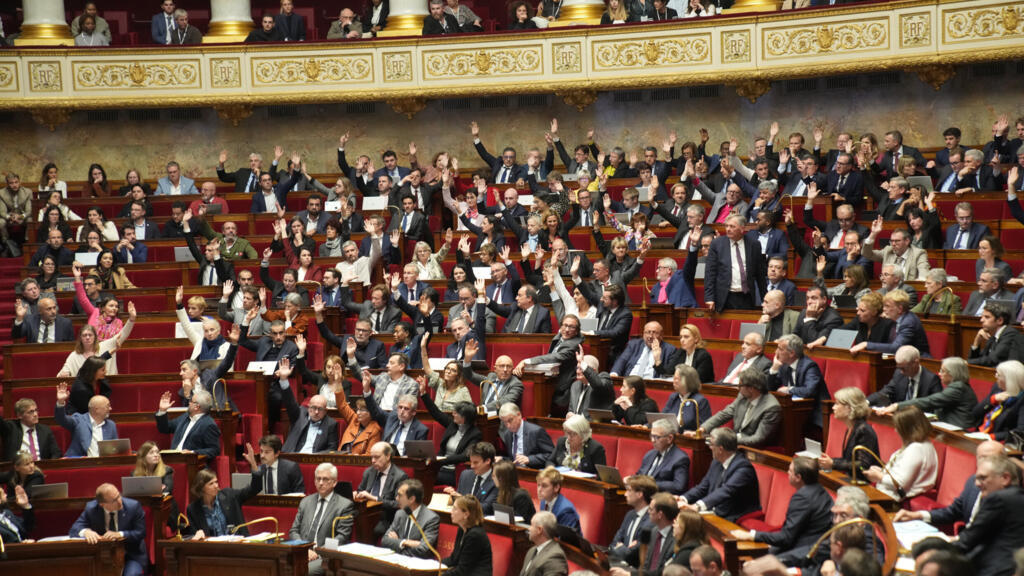
The French lower house rejected parts of the 2026 budget bill on Saturday, leaving open whether the politically fragmented parliament, under pressure from the EU and investors to reduce a budget deficit, can strike a deal before the end of the year.
After 125 hours of often heated debate, 404 MPs rejected the income part of the budget bill, which deals with taxation.
Only one MP, from the centrist Liot group, voted in favour, while 84 abstained – many from the government camp.
Left-wing parties and the far-right National Rally voted against.
The bill now heads to the Senate, which is expected to strip out many amendments already added by the National Assembly.
Both chambers have to agree for the budget to pass without the government resorting to passing it by decree.
Once the Senate completes its review, a joint committee will try to broker a compromise.
French PM Lecornu faces new headache after MPs reject tax on ultra rich
Government remains upbeat
"We are only halfway through the parliamentary process, and I remain convinced that a compromise can be reached," Finance Minister Roland Lescure said in a statement.
"I remain confident that the majority of parliamentary groups will be able to find the necessary common ground to enable our country to have a budget and to approach 2026 with stability and visibility for our businesses and our fellow citizens."
Budget talks have become increasingly fraught since President Emmanuel Macron lost his majority in last year's snap elections, triggering political instability.
A battle over last year's budget led to a no-confidence vote that brought down Michel Barnier's cabinet in December.
Prime Minister Sebastien Lecornu has pledged not to invoke special constitutional powers to force the budget through, giving legislators unprecedented freedom to shape the budget. But this also makes the outcome highly uncertain.
A crucial factor will be whether the Socialists – a pivotal swing bloc – decide to reject or abstain on the two budget bills under discussion to lock in the suspension of an unpopular pension reform proposed by the government to get their support.
French PM backs suspending pensions reform until 2027 presidential vote
Under the constitution, if parliament fails to act by early December, the government can impose the budget by decree.
(with newswires)







